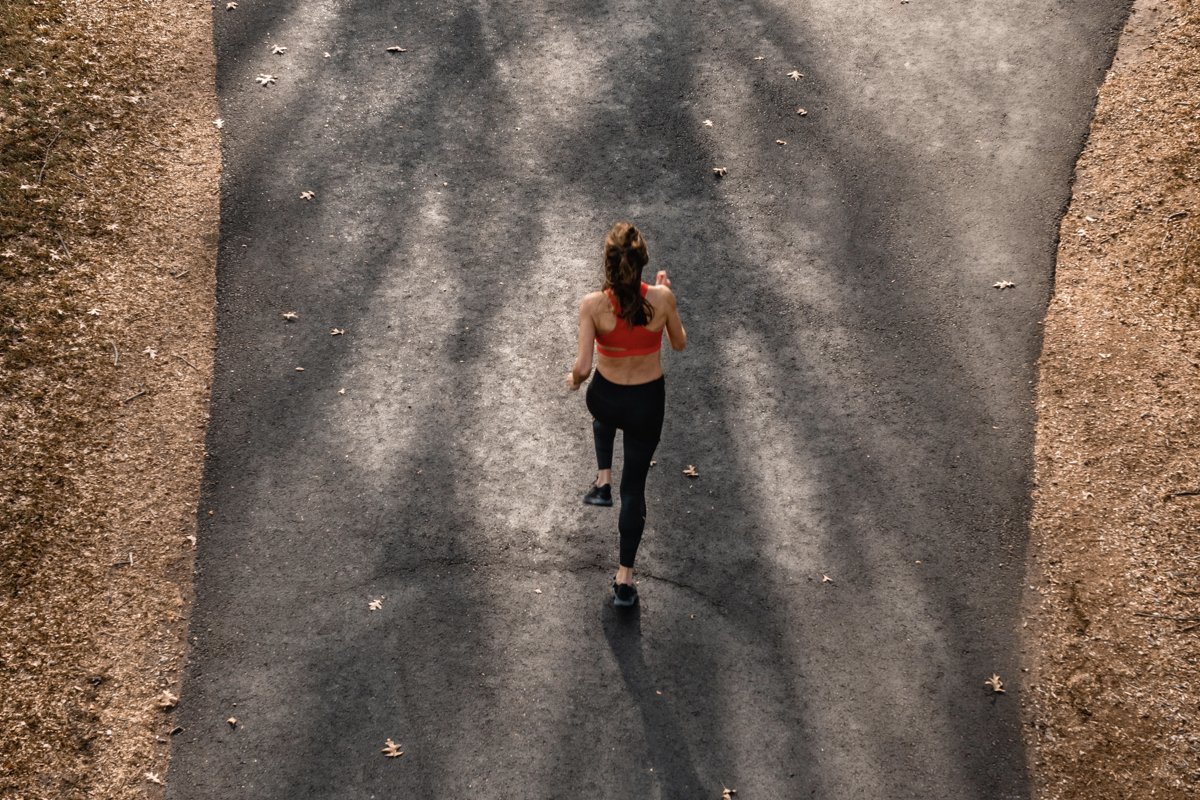
Gut Health & Exercise
Written by: specialist dietitian Kaitlin Colucci
It’s widely known that exercise is good for our health. However, in recent years the narrative has changed away from exercise being beneficial for only maintaining weight, but more importantly for improving our cardiovascular health, muscle strength and mental health.
Even more interesting is the effect exercise can have on our gut health.
Many recent studies (1) are suggesting that exercise can enhance the number of beneficial microbes in the gut, known as the gut microbiota, enriching this microbial diversity. The more diverse the gut microbiota, the more capable and resilient the community of microbes are which improves our gut health. And good gut health equals improved immunity, heart health, skin health, and mental health, and a healthier gut may be linked to improved performance too!
What’s even better news is that any form of exercise appears to have an effect, with many different studies showing the positive effects of different forms of exercise on gut microbial diversity.
For example, one study (2) looked at a group of adults who did not regularly partake in any exercise; half the group were obese, and half were normal weight. Both groups were assigned to six weeks of supervised workouts and over the course of the six weeks were encouraged to increase the intensity of the exercise, starting with a 30-minute brisk walk, up to a 1-hour spin class three times per week (participants’ diets were not adjusted during the study). After the six weeks, both groups had higher levels of the beneficial microbes which produce short-chain fatty acids (important messengers for improving overall health and reducing inflammation) and microbial diversity.
There are also studies that have looked at practices such as yoga and its effect on improving digestion and reducing symptom severity in those with irritable bowel syndrome (IBS) (3). The study looked at a group of adults with IBS, and randomly assigned them each to one of two groups. The first group received education on a low FODMAP diet by a trained dietitian (restriction, reintroduction, and personalisation over 12 weeks), and the second group attended a yoga class twice a week for 12 weeks. By the end of the study, 80% of people reported a significant improvement in their gut symptoms, and there was no difference between the two groups, showing the power that exercise can have on improving gut health.
The key is to find an exercise you enjoy, and that you can stick with. As, for example, in the first study mentioned above, the participants were then asked to stop all exercise for six weeks. After the following six weeks of no exercise, their guts returned to looking like they did at the start of the study; lacking beneficial microbes and the diversity they had worked so hard to achieve.
However, for many, exercise can often trigger unwanted gut symptoms, especially in those who do high intensity exercise or endurance sports. Bloating, cramping, nausea, vomiting, or diarrhoea is particularly common in endurance sports. There are several reasons why this might happen…
After just 10 minutes of exercise, blood flow to the gut reduces by about 20%. After 1 hour, this can decrease by up to 80%
This can slow down the rate at which things move through your digestive system
Also, all the jumping and wriggling around can shake things up
What can you do to prevent these symptoms?
Train
Remember the gut is also a muscle. Train the gut to tolerate feeding during exercise. Practice the proposed race nutrition regimen in training on various occasions beforehand. If eating before exercise, make sure to keep your snack low fibre and high in carbohydrate (e.g. a banana, or crumpet with jam).
FODMAP’s
There is some evidence that reducing FODMAP intake for 24-48hours before a big event can also reduce the incidence of gut symptoms from occurring during the event.
Eat
Don’t stop eating! The worst thing you can do in response to gut symptoms is to stop eating enough to support your energy needs. Athletes are commonly under-fuelled, which is counterproductive for performance and health.
Hydrate
Stay hydrated, not just during an event but in the days leading up to the event too. And if exercising for over 2 hours, consider a sports drink with electrolytes.
“…exercise can enhance the number of beneficial microbes in the gut, known as the gut microbiota, enriching this microbial diversity…”
— Kaitlin Colucci, Specialist Dietitian
References
Monda V, Villano I, Messina A, Valenzano A, Esposito T, Moscatelli F, Viggiano A, Cibelli G, Chieffi S, Monda M, Messina G. (2017) Exercise Modifies the Gut Microbiota with Positive Health Effects. Oxid Med Cell Longev. 2017;2017:3831972.
Allen JM, Mailing LJ, Niemiro GM, Moore R, Cook MD, White BA, Holscher HD, Woods JA. (2018) Exercise Alters Gut Microbiota Composition and Function in Lean and Obese Humans. Med Sci Sports Exerc. 2018 Apr;50(4):747-757.
Schumann D, Langhorst J, Dobos G, Cramer H. (2018) Randomised clinical trial: yoga vs a low-FODMAP diet in patients with irritable bowel syndrome. Aliment Pharmacol Ther. 2018 Jan;47(2):203-211.
Join the Membership
Join the Membership
Join The Food Medic hub on a monthly or annual membership and have full access to all our articles and recipes.
